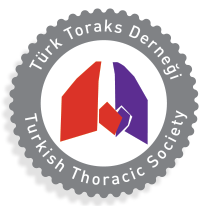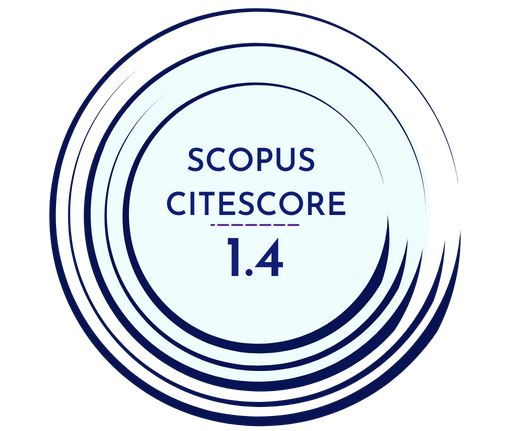Abstract
Objective: Tobacco smoking, defined as the World's fastest spreading and longest ongoing epidemic by WHO, is as common among medical students as in the medical professions.
Material and Method: This was a descriptive, cross-sectional study to determine the tobacco smoking and its effect on the quality of life of medical students in Ondokuz Mayıs University. The study was completed with 570 students (N=839) attending the first five years. The data of the study was collected during January-March of 2007. In this study, a questionnaire with 20 questions, including socio-demographic characteristics and tobacco smoking information, and the WHOQOL-BREF(TR) scale were used. The statistical evaluations included the T-test, Pearson chi-square, Fisher's exact test, one-way ANOVA with post hoc Tukey test, Pearson correlation, and linear regression analysis.
Results: Tobacco smoking prevalence was 29.1%. Mean number of cigarettes smoked per day was 14.13±6.67. The mean age of starting smoking was 17.18±2.77 years. 110 daily smoker students described the leading reason why they began smoking as “social and friendship environment”. Among them, 63 had tried to quit smoking at least once, and the nicotine addiction was found as high, moderate and low, 10.0%, 32.7% and 16.4% respectively. Boys had higher scores in the physical domain (p=0.025). Tobacco smoking students had lower scores in all domains, and it was significant for psychological (p=0.045), and environment domains (p=0.010, p=0.003). The students with nicotine addiction had lower scores in all domains, and this is statistically significant in psychological (p=0.039) and social (p=0.039) domains.
Conclusion: Tobacco smoking had negative effects on young medical doctor candidates. (Tur Toraks Der 2012; 13: 11-7)



.png)
